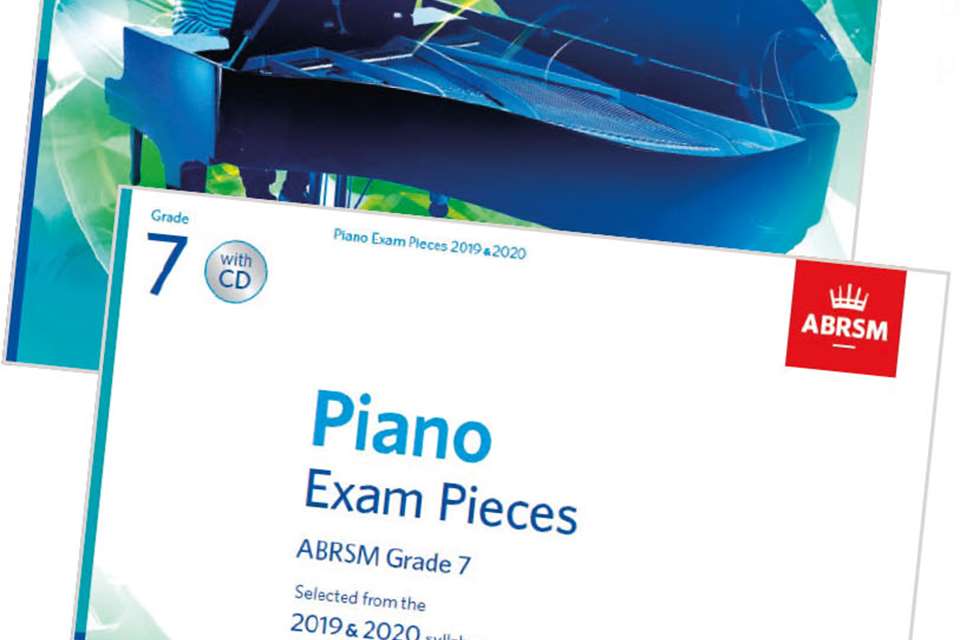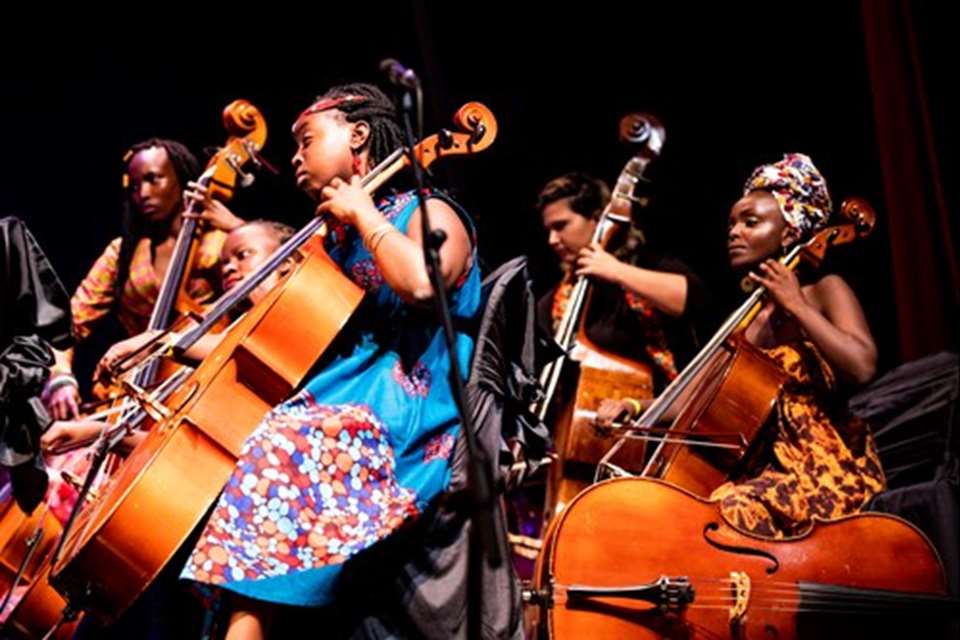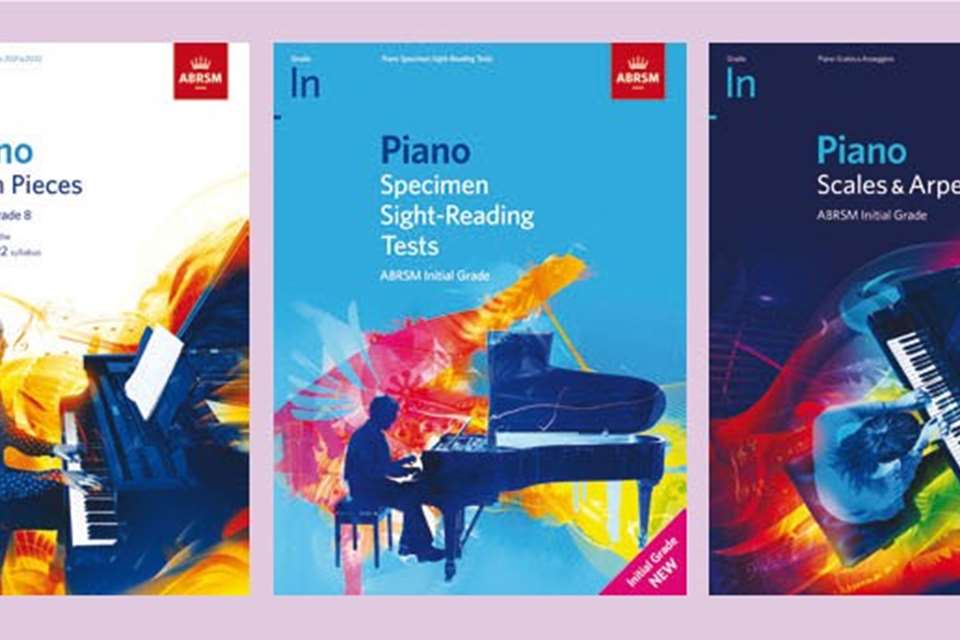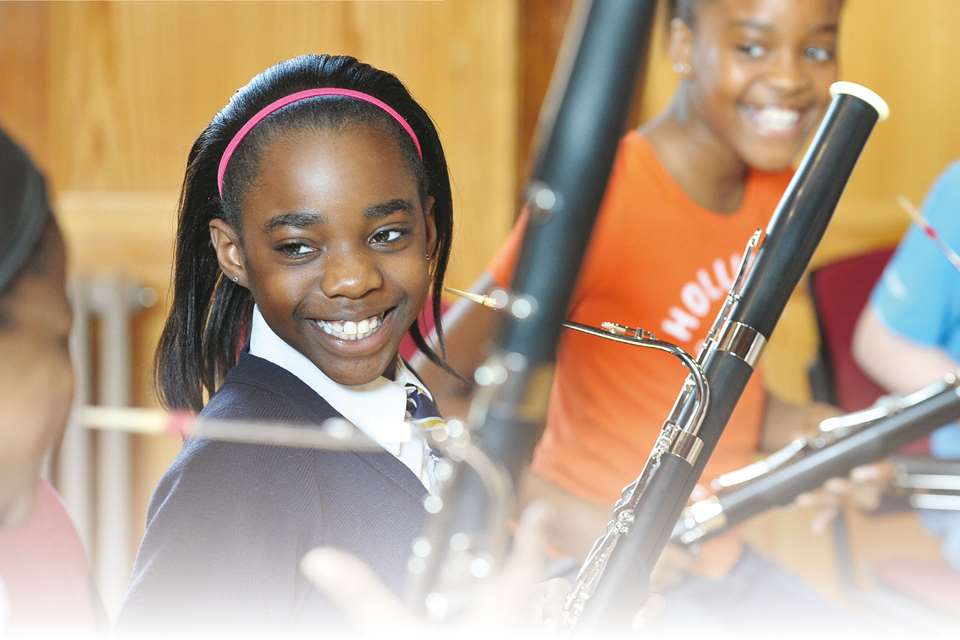ABRSM publishes woodwind syllabus promoting ‘far greater diversity’
Harriet Clifford
Thursday, July 8, 2021
Having recently come under fire for lack of representation in its syllabuses, the exam board’s new woodwind syllabus celebrates music ‘from the four corners of the globe’.

aleksandarfilip
UK exam board ABRSM has today published its latest woodwind syllabus featuring 18 new commissions and more than 70 works written or arranged by composers from underrepresented ethnic backgrounds.
This reflects a ten-fold increase on the 2018 edition, and follows Dr Austin Griffiths’ 2020 research for Chineke! Foundation, which found that music written by white composers made up 98.8 per cent of the 3,166 pieces on the latest ABRSM syllabuses across 15 orchestral instruments up to Grade 8.
Taking effect from 1 January 2022, the syllabus covers flute, clarinet, saxophones, oboe, bassoon and recorders, and features works by Althea Talbot-Howard, John Williams, Vivaldi, Errollyn Wallen, YolanDa Brown, Hans Zimmer, Charlotte Bray, and others.
The syllabus also includes around 220 pieces by women composers. Only eight per cent of pieces in the 2018 flute syllabus were written by women; a figure which has now doubled.
Talbot-Howard, who has contributed several of her works alongside arrangements of Chevalier de Saint-Georges’ unpublished harp and flute sonata, said: ‘Part of widening the syllabus is about stretching ourselves to find out more about the past. It’s also about remembering that we don’t have to be constrained by a narrow, traditional curriculum.
‘We can go exploring for quality in other places – whether it’s with new faces, or with old faces that for whatever reason have been overlooked. As we do so, we can create a bridge to draw new people - including Black audiences - into classical music.’
Chris Cobb, ABRSM’s recently appointed chief executive, said: ‘We want to encourage progression by inspiring the curiosity of learners and sparking their interest in great music by people from all kinds of backgrounds.
‘Our new woodwind syllabus is designed to do just that and to celebrate the best work, old and new, from the four corners of the globe.’
He added that ABRSM is ‘committed to promoting far greater diversity in what we do and, above all, to bringing an even greater richness to the music available to learners around the world’.
Anyone using the 2018 - 2021 syllabus will still be able to do so until 31 December 2022.
The August issue of MT (published 22 July) will feature an in-depth interview with Chris Cobb, and ABRSM's flute syllabus will be reviewed in our September issue, published 26 August.







